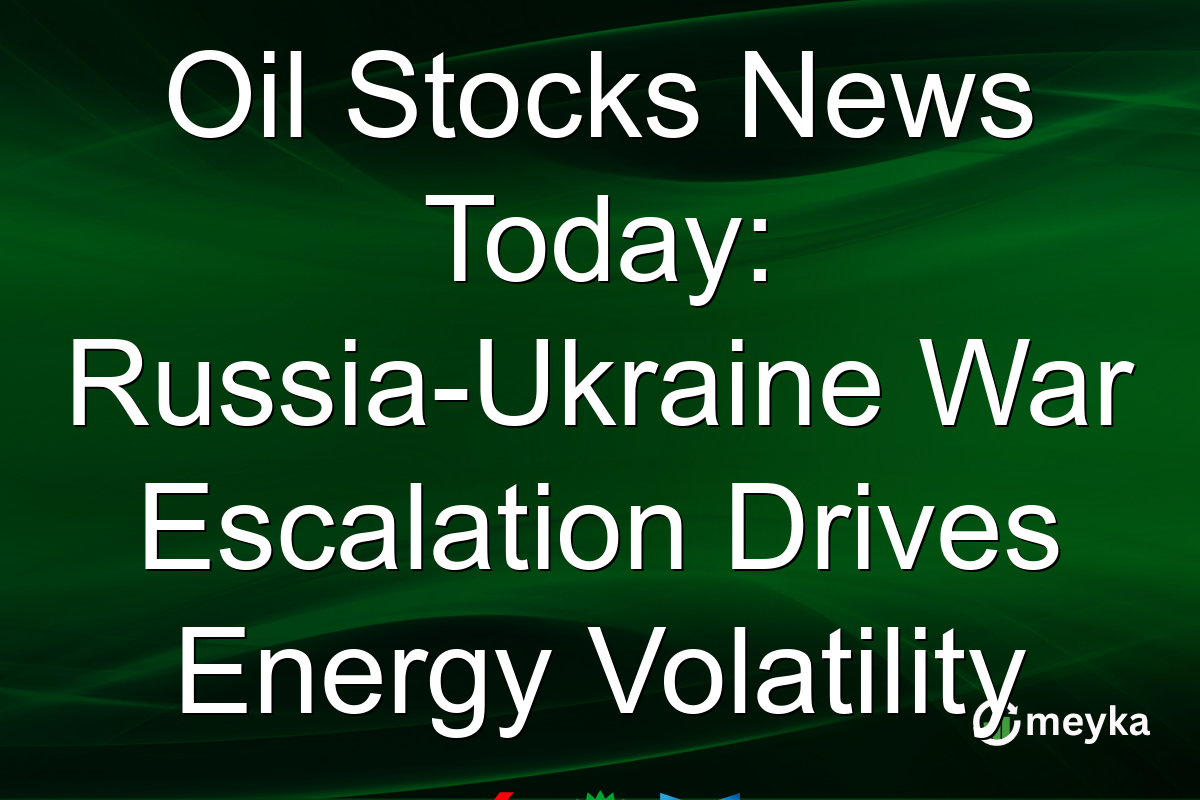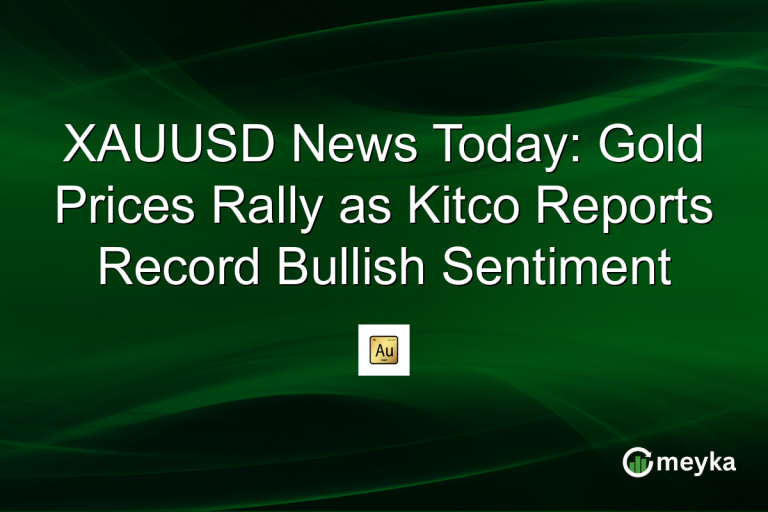Oil Stocks News Today: Russia-Ukraine War Escalation Drives Energy Volatility
Today, the oil markets are navigating heightened volatility due to escalating tensions in the Russia-Ukraine war. This geopolitical friction has triggered sharp price swings, prompting investors to reevaluate their positions in major oil stocks. Amid these uncertainties, there is a renewed focus on supply chain vulnerabilities and shifting demand forecasts, impacting stocks like Exxon Mobil (XOM), BP (BP), and Chevron (CVX). The conflict’s reach into global energy supply chains is influencing investor sentiment and leading to realignments in market strategies.
Impact of Geopolitical Risks on Oil Stocks
The escalating Russia-Ukraine conflict is profoundly influencing the energy market, leading to significant volatility in oil stocks. This escalation highlights the susceptibility of global energy supply chains to geopolitical events. Supply disruptions and potential sanctions could further tighten the market, affecting prices and investor confidence.
Exxon Mobil (XOM), a major player in this market, saw its stock price rise to $117.22, marking a 2.63% increase. Despite the uptick, it remains 18.23% down year-over-year. Chevron (CVX) followed similar trends, increasing by 2.60% to reach $160.16, yet still reflecting a 17.03% decline over the past year. These fluctuations reflect investor reactions to potential supply chain disruptions and uncertainty. Source.
Oil Market Volatility: A Strategic Perspective
Market volatility driven by geopolitical risks requires careful assessment of investment strategies. As the situation unfolds, concerns about energy security and price stability have become pivotal for investors. The possibility of prolonged disruptions in oil supply chains has made the energy sector a key area of focus for analysts and policymakers alike.
BP (BP) noted a price climb to $35.69, experiencing a 2.71% daily gain. However, its value has plummeted by 33.47% over the past year, showcasing the tumultuous impact of geopolitical uncertainties. The need for a dynamic approach to stock management and risk assessment is underscored in the current climate.
Analyzing Investor Sentiment and Market Adjustments
Investor sentiment has sharply reacted to the ongoing conflict, driving fluctuations in stock prices and volume. Analysts suggest a cautious but proactive investment stance. Companies like Shell (RDS.A) are also under the microscope, with investors scrutinizing their exposure to global supply risks and efforts to mitigate potential impacts.
The observed market trends are pushing investors to reassess exposure to oil stocks, considering broader geopolitical and market dynamics. CVX, for instance, despite its current upward trajectory in the market, indicates a broader pattern of fluctuation driven by investor sentiment and global developments.
Final Thoughts
As the Russia-Ukraine war continues to escalate, the influence on oil stocks and the broader energy market is undeniable. Investors are navigating a complex landscape marked by geopolitical risk and market volatility. It’s crucial for investors to stay informed and agile, utilizing platforms like Meyka for real-time insights and predictive analytics. Staying ahead of these disruptions will require a blend of cautious strategy and informed decision-making. The evolving situation calls for heightened vigilance in managing portfolios and understanding the ripple effects on global energy markets.
FAQs
The conflict has created volatility in oil prices by disrupting supply chains and heightening geopolitical risks. Major oil stocks, including XOM and CVX, have experienced significant price fluctuations.
Investors are reassessing their portfolios, focusing on the potential impact of continued supply chain disruptions and volatile market conditions. Many are adopting a cautious strategy, balancing risk and exposure.
Key factors include geopolitical tensions, potential sanctions, and disruptions in energy supply chains, all contributing to fluctuations in oil prices and investor sentiment.
Investors are prioritizing risk management and diversification, closely monitoring geopolitical developments, and utilizing platforms like Meyka for predictive insights to make informed decisions.
Investors should maintain a diversified portfolio, continually assess market conditions, and leverage analytical tools to anticipate market trends and manage potential risks.
Disclaimer:
This is for information only, not financial advice. Always do your research.






